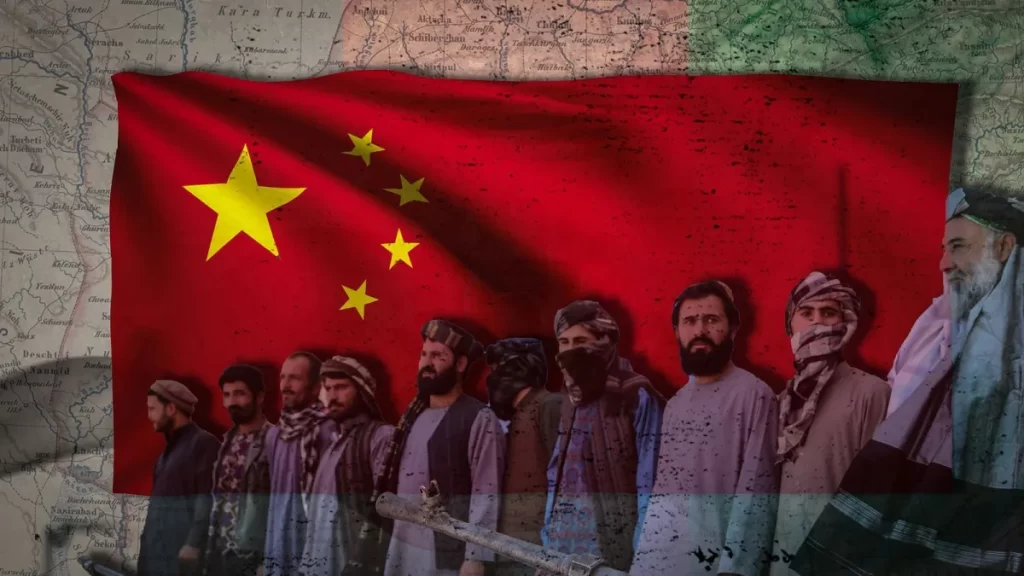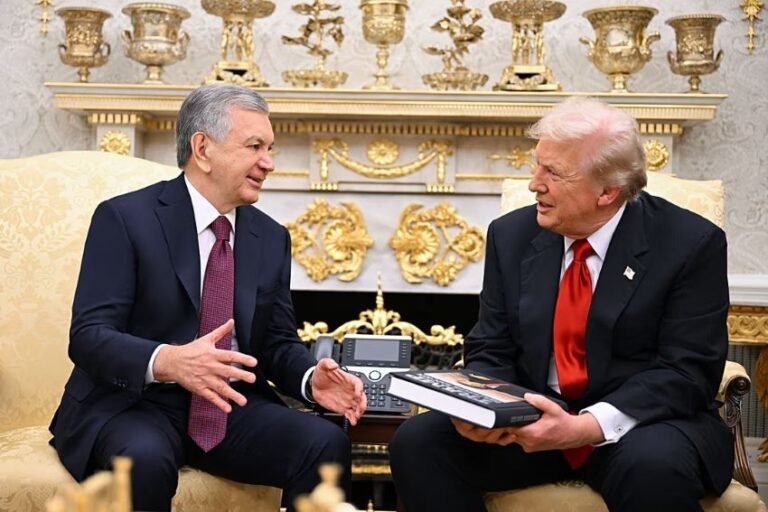Dr. Muhammad Irfan
After the US lead NATO withdrawal from Afghanistan and the Taliban takeover, China emerged not only as one of many mediators in ending the decades of conflict in Afghanistan but started a diplomatic, political, and economic engagement in Afghanistan that paved the way for playing a vital role in crisis management and peacebuilding in war-torn Afghanistan. Beijing always emphasized that the peace process should be Afghan-led and owned with minimal outside interference and agenda-setting. However, China has adopted a facilitator role rather than a mediator role. Chinese approach in Afghanistan can be termed unique as it has friendly relations with all major stakeholders in the conflict and therefore enjoys the status of an honest broker. Since 2015, China has hosted the stakeholders to facilitate the discussion.
Chinese approach in Afghanistan mainly stems from three crucial national interests: security, strategy, and economy. On the security front, China doesn’t want Afghanistan to become a haven for terrorism, the strengthening of the Eastern Turkistan Islamic Movement (ETIM), or the emergence of Daesh, which is the more likely case in the present situation wherein the international world has distanced itself from Taliban govt due to their strict policies. Hence, leaving war-torn Afghanistan distant can be dangerous for Chinese homeland security and might become a challenge to its territorial integrity in the future.
Strategically, Afghanistan is located within the Belt and Road Initiative, under which China plans to connect countries from India to Iran. The ambitions of China to connect the south Asian countries via railway, energy corridor, and other infrastructure projects would remain incomplete without the inclusion of Afghanistan. On the other side, the inclusion of Afghanistan in the Belt and Road initiative would not only give China access to Central Asia but would also pave the way for economic development and industrialization in Afghanistan.
Economically, China considers Afghanistan a potential destination for future long-term investment, though it may not seemingly be an incentive for China in the present situation. Nevertheless, there is no doubt that Afghanistan will become a hub of economic activities if the dream of peace and stability in Afghanistan comes true.
Therefore, China’s economic interest in Afghanistan directly correlates with security and strategic interests.
China has maintained state-to-state relations with Kabul since 2001, including military assistance, diplomatic engagement, reconstruction, etc. After the Taliban takeover, China maintained a working relationship with the Taliban Govt as well.
Besides the unique Chinese approach in Afghanistan, the edge to China is also in the form of its cordial relations with the neighboring countries of Afghanistan. Pak-China friendship is indeed exemplary. Where Afghanistan is concerned, the interests of both countries converge; a stable and peaceful Afghanistan is the desire of both.
This convergence of interests gives leverage to China to use Pakistan’s existing influence in Afghanistan to continue engagement in the Afghan interim setup.
Also read: One year of US-withdrawal and the future of Pak-Afghan relations
China’s comprehensive national power and economic strength, coupled with the most popular international public product of China, the Belt and Road Initiative (BRI), give China another edge as a hope for Afghans who are losing hope from the international community amidst strict measures taken by the interim setup of Afghanistan. China treats Afghanistan with sincerity, believing in a relationship that is mutually beneficial for the public of both countries, not like the western approach of seeking private interests or a sphere of influence in Afghanistan.
Despite the disappointing approach of the Afghan Taliban’s interim setup, China continued the humanitarian assistance to Afghanistan to survive, providing 250 million yuan in food, medicine, winter supplies, and other assistance to Afghanistan in the year 2021. After the earthquake and floods, China immediately provided Afghanistan with 50 million yuan in emergency humanitarian aid. According to the Chinese Embassy in Kabul, Beijing donated 250 million yuan (US $ 37.4 million) in aid to Afghanistan in July 2022.
China and Afghanistan are also deliberating on many other aid projects to benefit the livelihood of the Afghan people. China is also engaging Afghanistan in practical cooperation between the two countries in different fields, including trade and economy. For this purpose, China has opened an air corridor to facilitate and expand the imports of agricultural products to land-locked Afghanistan. China has given special duty-free treatment to 98% of Afghan products, thus helping Afghanistan to increase revenue, enhance capacity for independent development and promote local employment. The people of Afghanistan are in need; they should not be left at the helm of affairs. Total disengagement can never be a solution, but a gradual multifaceted approach would ultimately lead to achieving the desired results.
The basic principle of mutual benefit makes the Chinese approach unique and acceptable for all compared to the western approach of controlling other nations using economic or political influence. With the gradual increase in practical cooperation, trade, investment, and people-to-people contact, China is destined to become the most reliable friend of Afghanistan within a decade.
The willingness of China to promote the BRI initiative to connect with the development strategy of Afghanistan and help Afghanistan achieve stability, development, and economic well-being proves China to be a friend of Afghans in need.
*The writer is an Islamabad-based media analyst and quasi-columnist.
*The findings and the analysis are the author’s own and do not reflect the policy of The Diplomatic Insight
Established in December 2008, The Diplomatic Insight is Pakistan’s premier diplomacy and foreign affairs magazine, available in both digital and print formats.








